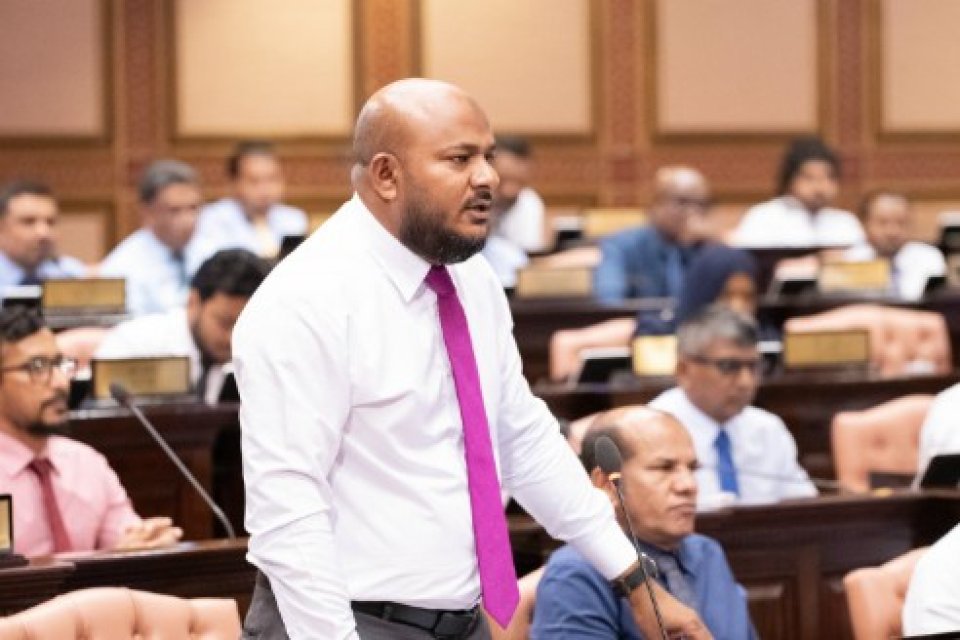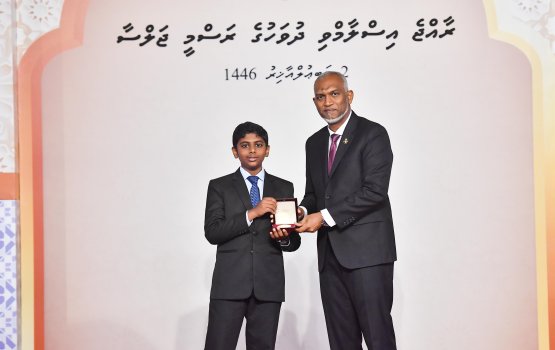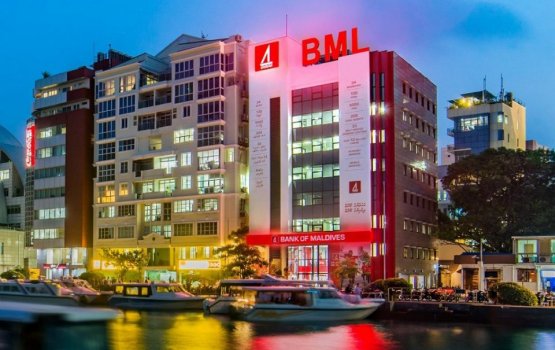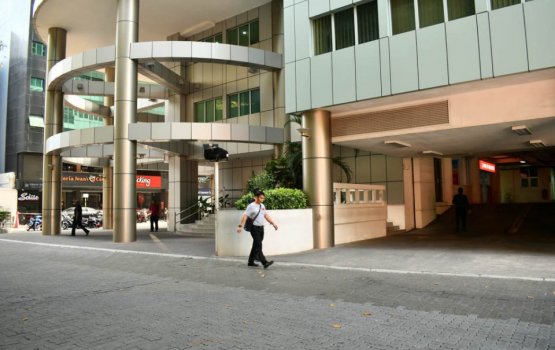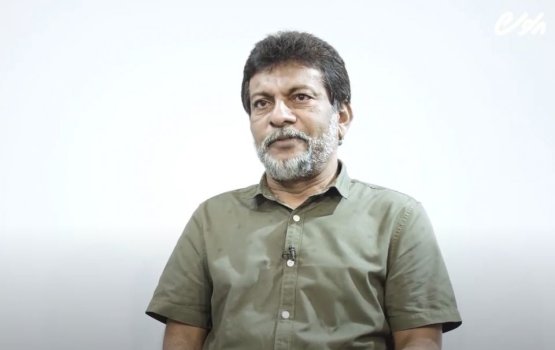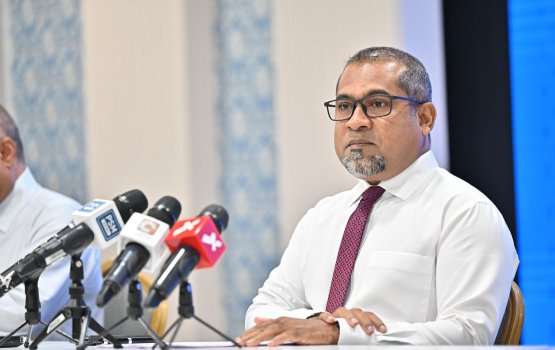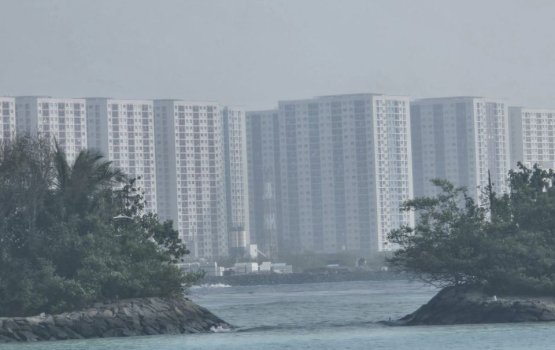Ibrahim Shujau, Member of Parliament for Baarah constituency and Vice President of the People’s National Congress (PNC), has been removed from the Public Accounts Committee of the Maldives Parliament following the launch of a formal corruption investigation into suspicious financial dealings linked to his private business interests.
The decision to remove Shujau came in response to a leaked report from the Financial Intelligence Unit (FIU) of the Maldives Monetary Authority (MMA), which highlighted a series of questionable transactions. The report flagged approximately MVR 43 million in transfers from state-associated accounts to companies allegedly owned or operated by Shujau. Though the document has not been publicly authenticated, its leak triggered widespread public outcry and media attention, placing growing pressure on state institutions to respond.
Significantly, it has emerged that the FIU report had been in the hands of the Maldives Police Service for nearly a year. Despite the seriousness of the flagged transactions, authorities took no action to investigate until the report surfaced online and public outrage spread across social media platforms. The delay in initiating the investigation has drawn criticism from civil society groups and opposition figures, who allege political interference and selective enforcement of anti-corruption laws.
In the wake of mounting public pressure, the Maldives Police Service confirmed on August 3, 2025, that an official investigation had finally been launched. In response, the Parliament acted to remove Shujau from his position on the Public Accounts Committee—a key body charged with overseeing government expenditures, auditing state accounts, and ensuring fiscal transparency. MP Hanaan Mohamed Rasheed, representing the Guraidhoo constituency, has been appointed as his replacement.
Shujau has publicly denied any wrongdoing and questioned the credibility of the leaked report, noting that no formal charges have been filed against him. However, he notably did not deny the existence of the MVR 43 million in questioned funds. In media statements, he maintained that his business dealings were legitimate and accused political opponents of using the report to damage his reputation.
Parliament’s decision to dismiss Shujau is seen as a move to safeguard the credibility of its oversight committees, particularly during a time when public confidence in financial governance is under significant strain. Allowing a parliamentarian under active investigation to continue serving on a committee responsible for financial accountability would have posed serious conflicts of interest and undermined institutional integrity.

